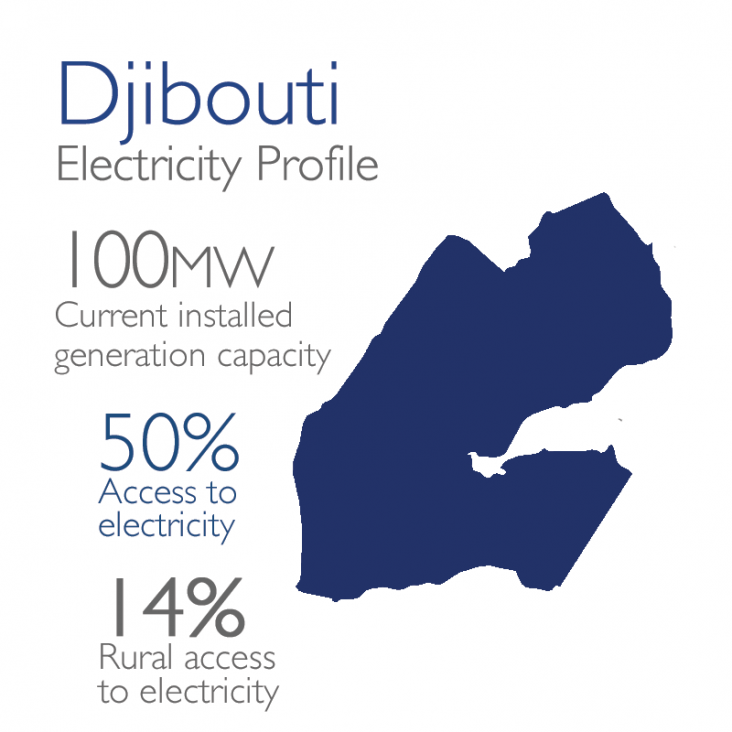- Where We Work
- Interactive Map
- Afghanistan and Pakistan
- Africa
- African Union
- Power Africa
- About Us
- How We Work
- Partners
- News & Information
- Power Africa Toolbox
- Where We Work
- Angola
- Benin
- Botswana
- Burkina Faso
- Burundi
- Cameroon
- Chad
- Côte d`Ivoire
- Democratic Republic of the Congo
- Djibouti
- Eritrea
- Ethiopia
- Gabon
- Gambia
- Ghana
- Guinea
- Guinea Bissau
- Kenya
- Lesotho
- Liberia
- Madagascar
- Malawi
- Mali
- Mauritania
- Mozambique
- Namibia
- Niger
- Nigeria
- Republic of Congo
- Rwanda
- Senegal
- Sierra Leone
- South Africa
- South Sudan
- Swaziland
- Tanzania
- Togo
- Uganda
- Zambia
- Trade and Investment Engagement
- Angola
- Benin
- Botswana
- Burkina Faso
- Burundi
- Cameroon
- Central Africa Regional
- Central African Republic
- Chad
- Côte d'Ivoire
- Democratic Republic of the Congo
- Djibouti
- East Africa Regional
- Ethiopia
- Ghana
- Guinea
- Kenya
- Lesotho
- Liberia
- Madagascar
- Malawi
- Mali
- Mauritania
- Mozambique
- Namibia
- Niger
- Nigeria
- Republic of the Congo
- Rwanda
- Sahel Regional
- Senegal
- Sierra Leone
- Somalia
- South Africa
- South Sudan
- Southern Africa Regional
- Sudan
- Swaziland
- Tanzania
- Uganda
- West Africa Regional
- Zambia
- Zimbabwe
- Asia
- Europe and Eurasia
- Latin America and the Caribbean
- Middle East
- Mission Directory
Djibouti
POWER AFRICA FACT SHEET

Electricity in Djibouti is supplied primarily by thermal plants (about 120 MW) and some imported hydro energy from Ethiopia. However, the supplemental supply of power from Ethiopia does not always satisfy Djibouti’s demand for power. The peak annual demand in 2014 was about 90 MW but is expected that it will grow to about 300 MW by around 2020. Electricity supply services are provided through the vertically integrated utility Electricité de Djibouti (EDD). A small amount of additional energy is generated by a solar plant (300 kW capacity). Djibouti has wind and geothermal generation potential and is actively studying these options. In 2015 the Government enacted Independent Power Producer (IPP) and energy efficiency laws relating to large and small-scale IPP power projects, as well as for captive power. These laws provide that the State remains the exclusive purchaser (Single Buyer) of power produced from IPPs in Djibouti. Based on 2013 data, Djibouti’s national electrification rate reached 50%, (14% in rural areas, 61% in urban areas).
Source:
- IEA, World Energy Outlook 2015







Comment
Make a general inquiry or suggest an improvement.